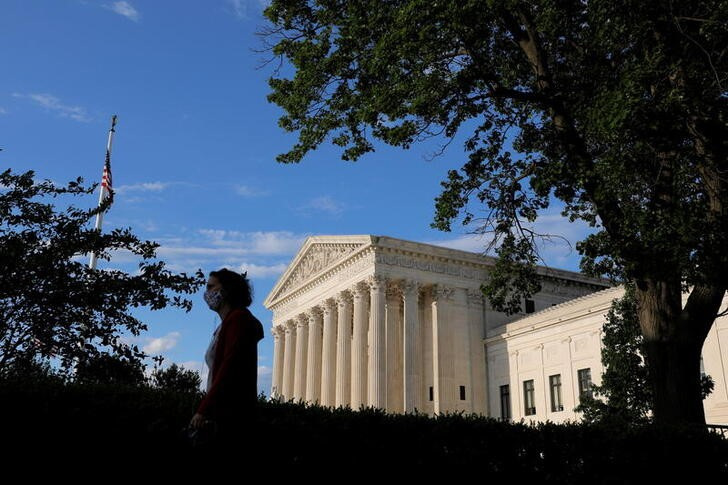By Karen Sloan
August 2, 2022

Summary

Summary
Race-conscious college admissions have helped grow the pipeline of minority lawyers, they say
But lawyer diversity still lags
(Reuters) - Legal educators, law student organizations, bar associations and law firms this week flooded the U.S. Supreme Court with amicus briefs asking it to uphold the use of affirmative action in college admissions, arguing it is key to diversifying the legal profession and addressing bias in the justice system.
The American Bar Association, the National Black Law Students Association, The National Women’s Law Center and the National LGBTQ+ Bar Association are among the more than 15 legal industry groups that submitted briefs in a closely watched case that seeks to bar Harvard University and the University of North Carolina from considering race in undergraduate admissions.
Racial diversity in law "can only be achieved if the private bar and the legal profession have a racially diverse pool of talent from which to recruit,” the 300-member Law Firm Antiracism Alliance wrote in its brief.
Students for Fair Admissions — founded by anti-affirmative action activist Edward Blum — is appealing lower court rulings that upheld the programs used by the two prestigious universities to foster a diverse student population. The group claims the programs discriminate against Asian American applicants.
The high court, with a 6-3 conservative majority, could end affirmative action with its decision in the case. Consovoy McCarthy partner William Consovoy, who is representing Students for Fair Admissions, did not respond to a request for comment on the legal groups' briefs Tuesday.
Law firms and others in the legal industry have been vowing to increase their diversity for decades, with modest but steady gains over the years. Still, 86% of lawyers were white as of 2020, according to the ABA’s amicus brief — a significantly higher percentage than the overall U.S. population, which was 60% white.
“The legal system has made significant progress over the last several decades, due in no small part to the increased diversity in the legal profession resulting from admissions policies that consider race as one of many factors,” the ABA’s brief said.
Read more:
U.S. Supreme Court to hear challenge to race-conscious college admissions
University of North Carolina defeats challenge to race-based admissions policies
No comments:
Post a Comment